Why Nigerian voters need to look beyond celebrity endorsements in elections
)
In Nigeria, celebrity endorsements are a common sight during election seasons. From musicians and actors to social media influencers, celebrities are often seen endorsing political candidates and parties.
The just-concluded 2023 election witnessed the dragging of a lot of celebrities. Some, like Toyin Abraham and Eniola Badmus, for their choice of candidate; others, like Burna Boy, Wizkid, and Olamide, for not lending their voices to the 'advocacy for change' or even endorsing the people's candidate of choice.
The question is: why do celebrities have so much influence on elections in Nigeria, and what are the potential drawbacks of this trend?
Firstly, it is important to acknowledge that celebrity culture is deeply ingrained in Nigerian society. Nigerians are known for their love of music, movies, and entertainment, and celebrities are often viewed as cultural icons and role models. This means that when a celebrity endorses a political candidate, their fans are likely to take notice and may even be swayed by their endorsement. In recent times, they can also get dragged across the concrete.
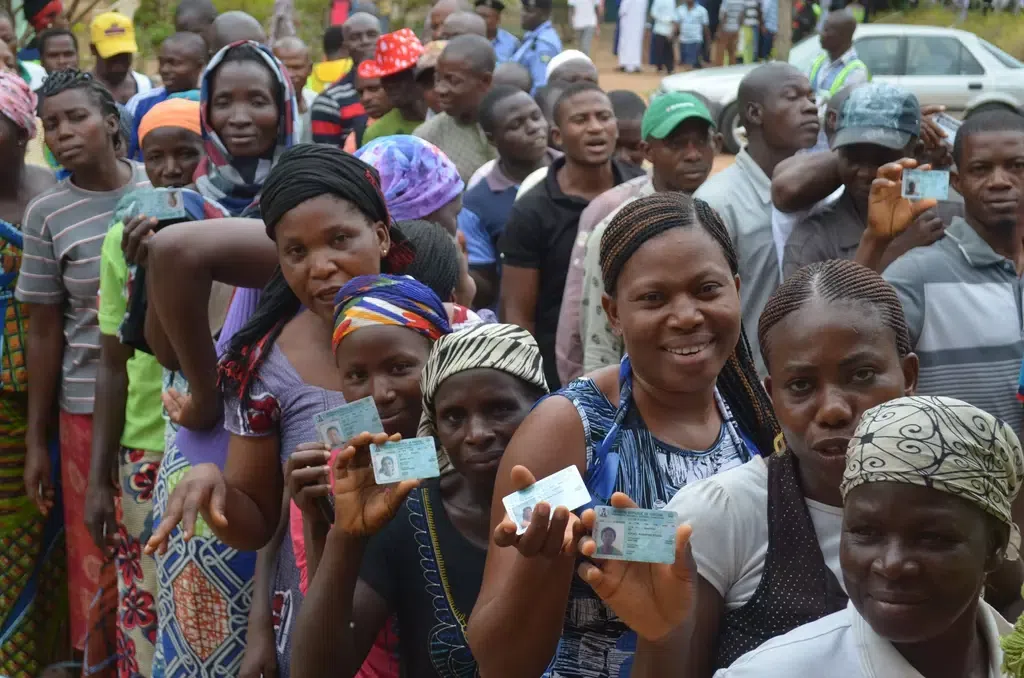
Celebrities have a large following on social media platforms such as Instagram, Twitter, and Facebook. This provides them with a powerful platform to reach millions of people and influence public opinion. A simple tweet or Instagram post from a celebrity endorsing a candidate can go viral and reach a vast audience in a matter of hours.
However, the downside to celebrity endorsements is that they can often be superficial and lacking in substance. Just because a celebrity endorses a candidate does not mean that they have a deep understanding of the issues or policies at stake. In some cases, celebrities may endorse a candidate simply because they are friends with him or have been paid to do so.
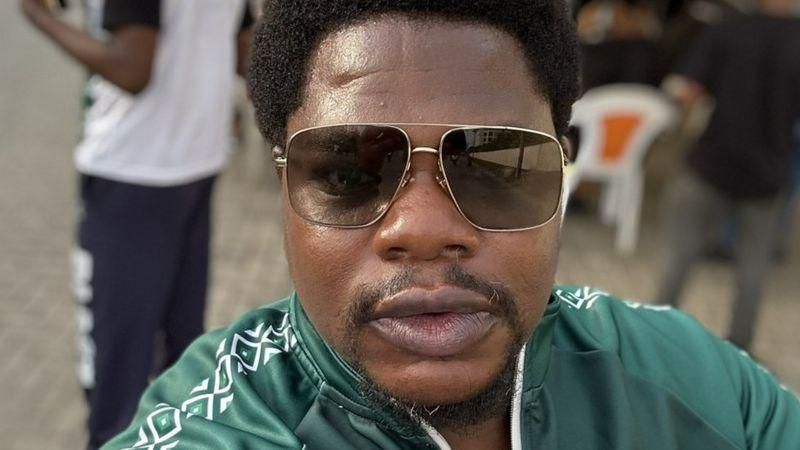
This lack of substance can lead to a situation where voters are swayed by the celebrity's endorsement rather than the candidate's actual policies and qualifications. This can be problematic as it undermines the democratic process and can lead to the election of candidates who are not qualified or competent.
Another potential issue with celebrity endorsements is that they can be divisive. In a country as diverse as Nigeria, where ethnic and religious tensions often run high, celebrity endorsements can exacerbate these divisions. If a popular musician endorses a candidate from a particular ethnic or religious group, it may lead to voters from other groups feeling excluded or marginalised. This can further polarise an already deeply divided electorate.
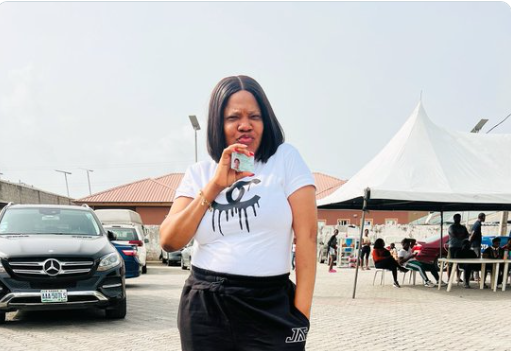
Moreover, celebrity endorsements can also contribute to the monetization of politics in Nigeria. Political parties and candidates may offer celebrities huge sums of money in exchange for their endorsement. This can create a situation where the candidate with the most money to spend on endorsements is more likely to win the election than the candidate with the best policies or qualifications.
Celebrities are trendsetters and influencers in Nigerian society, and as such, their endorsement of a particular candidate can carry a lot of weight. However, it is important to remember that celebrities are human beings just like the rest of us, and they may not always get it right.
They may use their endorsements to further their own interests. For example, a musician may endorse a candidate who promises to invest in the music industry, even if that candidate may not be the best choice for the country as a whole.
We must always remember that celebrities are not necessarily experts on political issues or governance. They may or may not have a deep understanding of the challenges facing the country. As such, it is important for voters to do their own research and make informed decisions based on the policies and track records of the candidates.
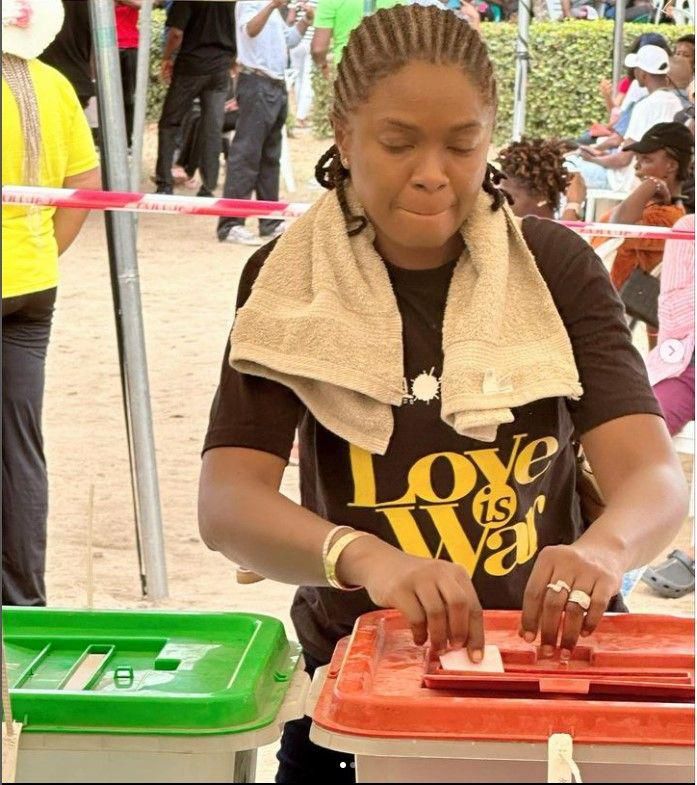
While celebrity endorsements may seem like a powerful tool for political candidates in Nigeria, they also come with significant drawbacks. The lack of substance and potential for divisiveness can undermine the democratic process and lead to the election of unqualified candidates. Moreover, the monetisation of politics and the pursuit of personal gain by celebrities can further erode public trust in the electoral system.
It is also important to note that some celebrities may choose not to endorse a candidate publicly, but this does not mean that they are not engaged with or concerned about the political process. Everyone has the right to their own political views and preferences, and celebrities are no exception.
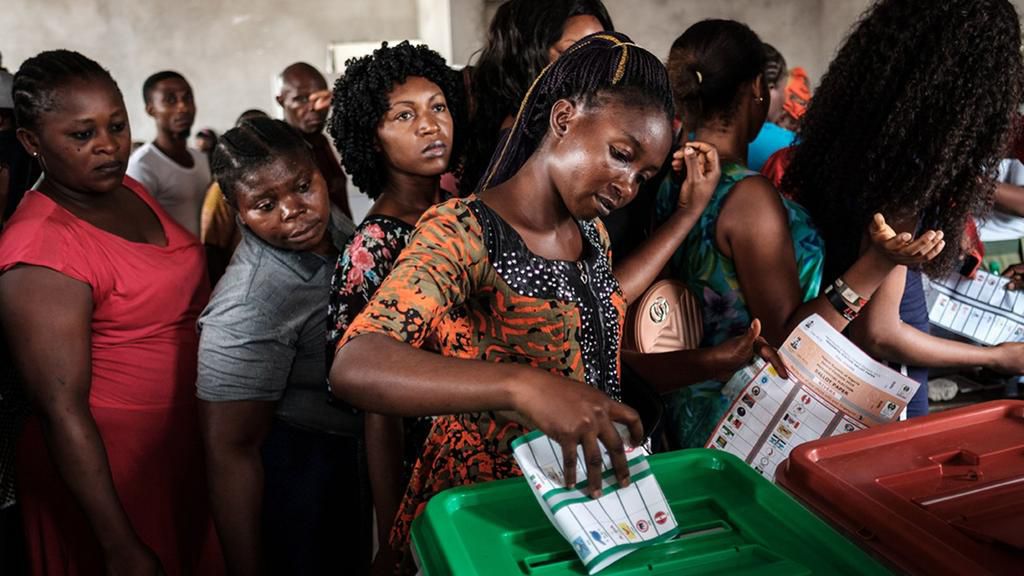
As Nigerians prepare for the gubernatorial elections, it is important that voters carefully consider the candidates' policies and qualifications, rather than being moved by celebrity endorsements. Political parties and candidates must also be held accountable for their use of celebrity endorsements and ensure that they are not contributing to the monetization of politics or exacerbating divisions within the electorate. Only then can Nigeria truly build a democratic system that is responsive to the needs and interests of its citizens.
* Pulse Editor's Opinion is the viewpoint of an Editor at Pulse. It does not represent the opinion of the organisation, Pulse.
)
)
)
)
)
)
)
)
)
)
)
)
)
)
![2026 Golden Globes: Teyana Taylor, Timothee Chalamet and the biggest winners [FULL LIST]](https://sportal365images.com/process/smp-images-production/pulse.ng/12012026/002666db-358d-4deb-9510-84cdb274ffda.png?operations=autocrop(112:112))
)